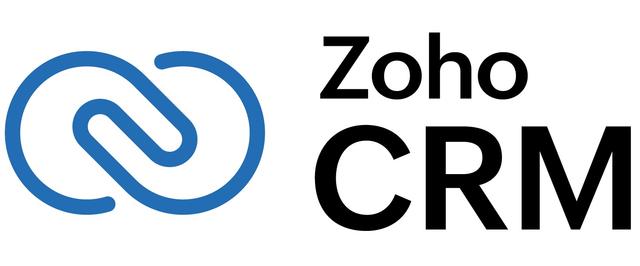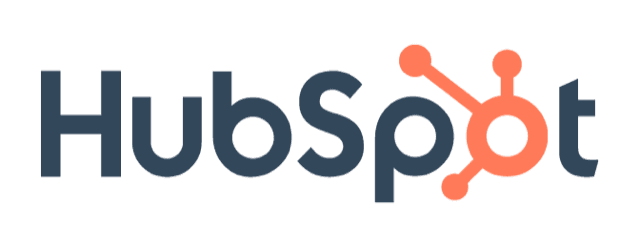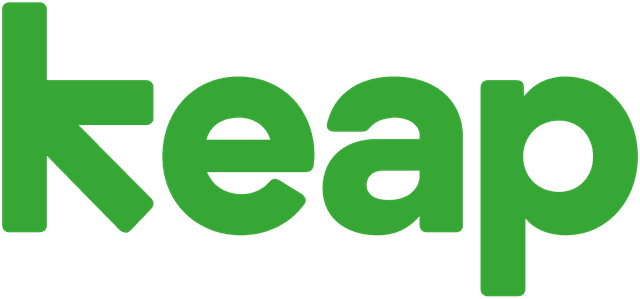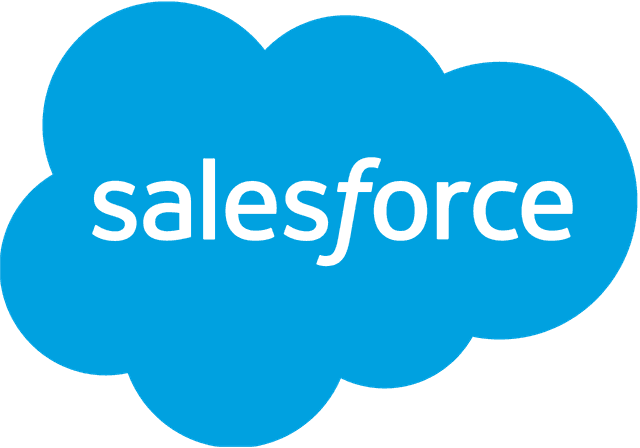In the world of private equity, relationship management and strategic decision-making are paramount. A customer relationship management (CRM) system is an indispensable tool for firms looking to keep valuable client information organized and streamlined for all relevant stakeholders.
A CRM system is specifically designed to manage and analyze customer interactions and data throughout the customer life cycle to improve business relationships, customer retention and sales growth. However, for private equity firms, the stakes are even higher and the needs are more specific. Managing private equity relationships requires a CRM that caters to complex investment strategies, extensive networking requirements and meticulous portfolio management.
To help companies that operate in this particular environment, we’ve compiled this helpful guide to the best CRM systems tailored to private equity firms. We’ve identified five products that not only streamline operational efficiency but also align with the nuanced needs of private equity professionals so you can make an informed decision for your firm.








